
John Prine “Lost Dogs and Mixed Blessings”
We all knew he wasn’t going to be the “Next Dylan” (they never are). He wasn’t pretty enough to be Johnny Cougar. And he was too good to simply gut it out on Music Row. But John Prine never really went away. He just sort of stood in place waiting for us to circle back. That happened in 1991 when Petty, Bruce and friends helped celebrate the great comeback of an artist who hadn’t gone missing. Four years, a marriage and two kids later — Prine wondered: where do you go after you’ve just come back?
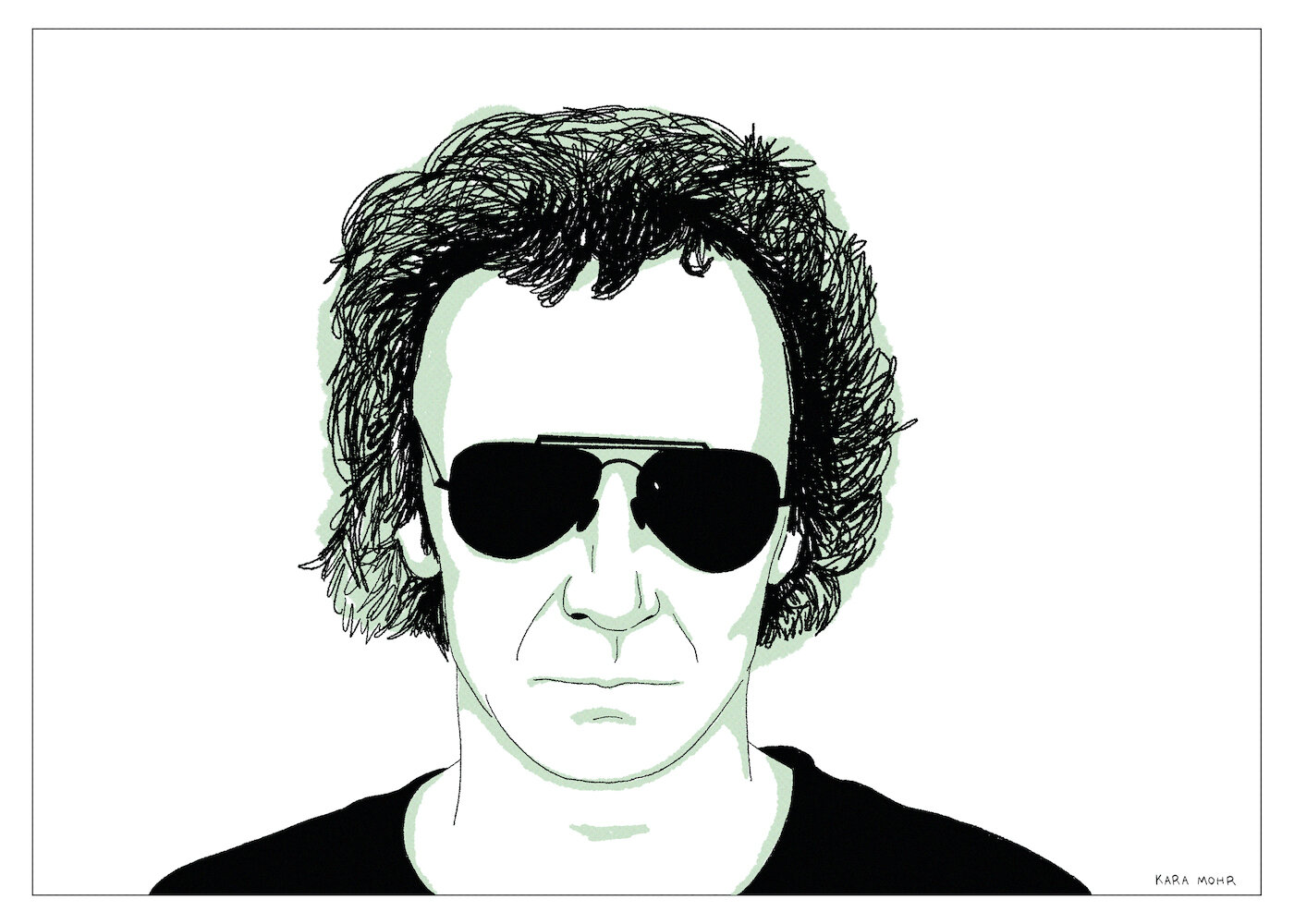
Graham Parker “Struck by Lightning”
Of that class of 70s Pub Rockers, Graham Parker was once considered the surest of sure things. He was it -- both the next big thing and the through line between Van Morrison and Bob Dylan. But, in time, something amazing happened. Graham Parker did not happen. And by 1991, we found him, without The Rumour, at the end of his major label run, trying to choose between passion and professionalism.
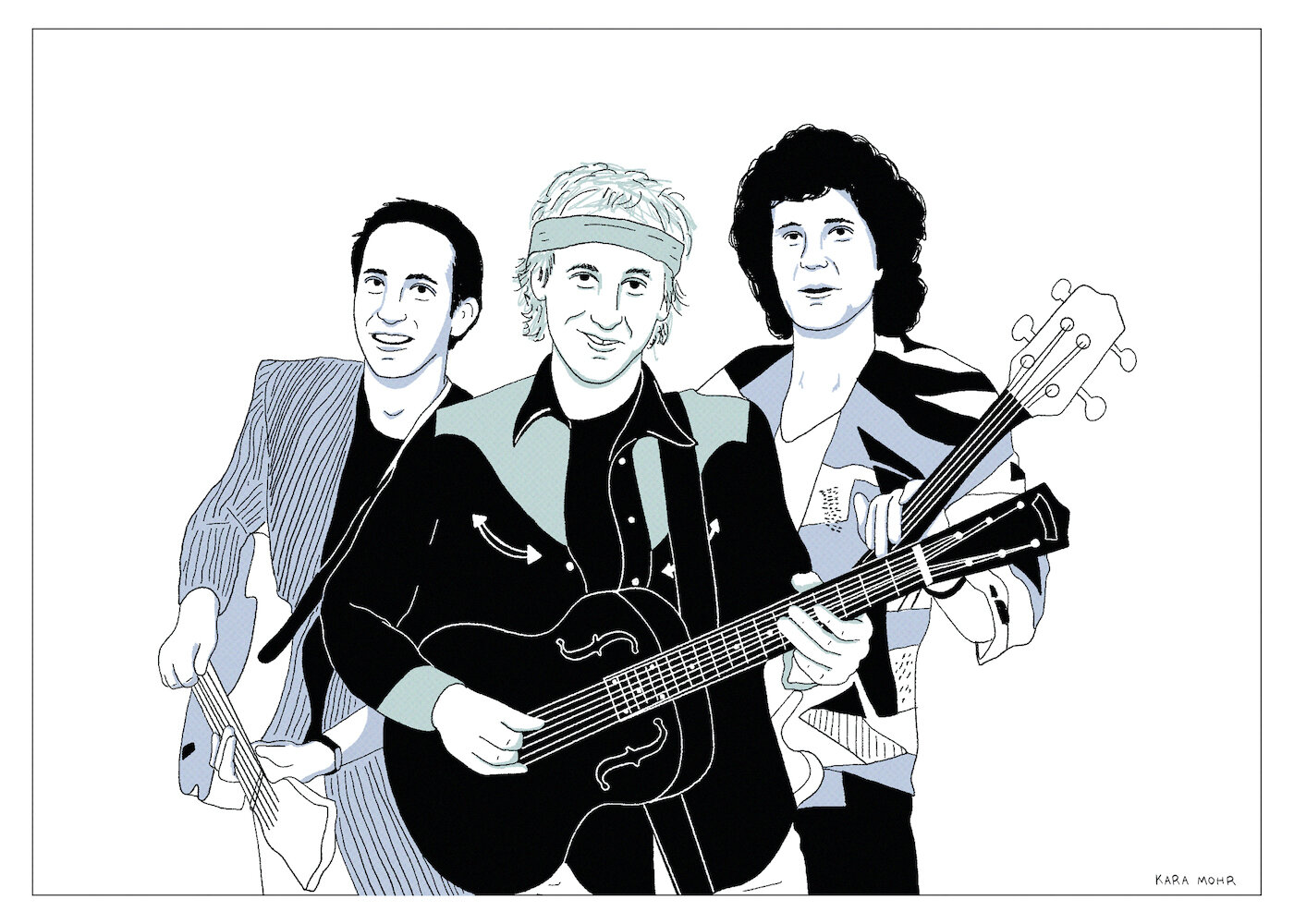
Dire Straits “On Every Street”
Dire Straits started as an anomaly. They were New Wave in design but more Folk and Country in engineering. They had a singer who couldn’t sing but who sounded great, and who also happened to also be a hell of a guitarist. For years, they achieved great success, without the trappings of fame. And all of this was well and good until 1985, when Dire Straits accidentally became the biggest Rock band in the world. Three years later, Mark Knopfler put Dire Straits on the shelf only to then, reluctantly, come back for one final album. It’s unclear whether the reformation was born out of affection or loyalty or inertia. But, whatever it was, Knopfler felt that there was unfinished business.

Jethro Tull “J-Tull Dot Com”
In the 90s, as Ian Anderson’s voice and body began to suffer, one could hear Jethro Tull slowing down. The albums were still ambitious and flute-filled and warmly received by Progressive Rock fans, but they were also less frequent. And, as time passed, Anderson’s voice no longer growled. Rather, it politely narrated the spaces in between his gymnastic melodies. The end of the Renaissance Fair came in 1999, with “J-Tull Dot Com.” a nominally conceptual album slash website advertisement that is just barely better than its title suggests.
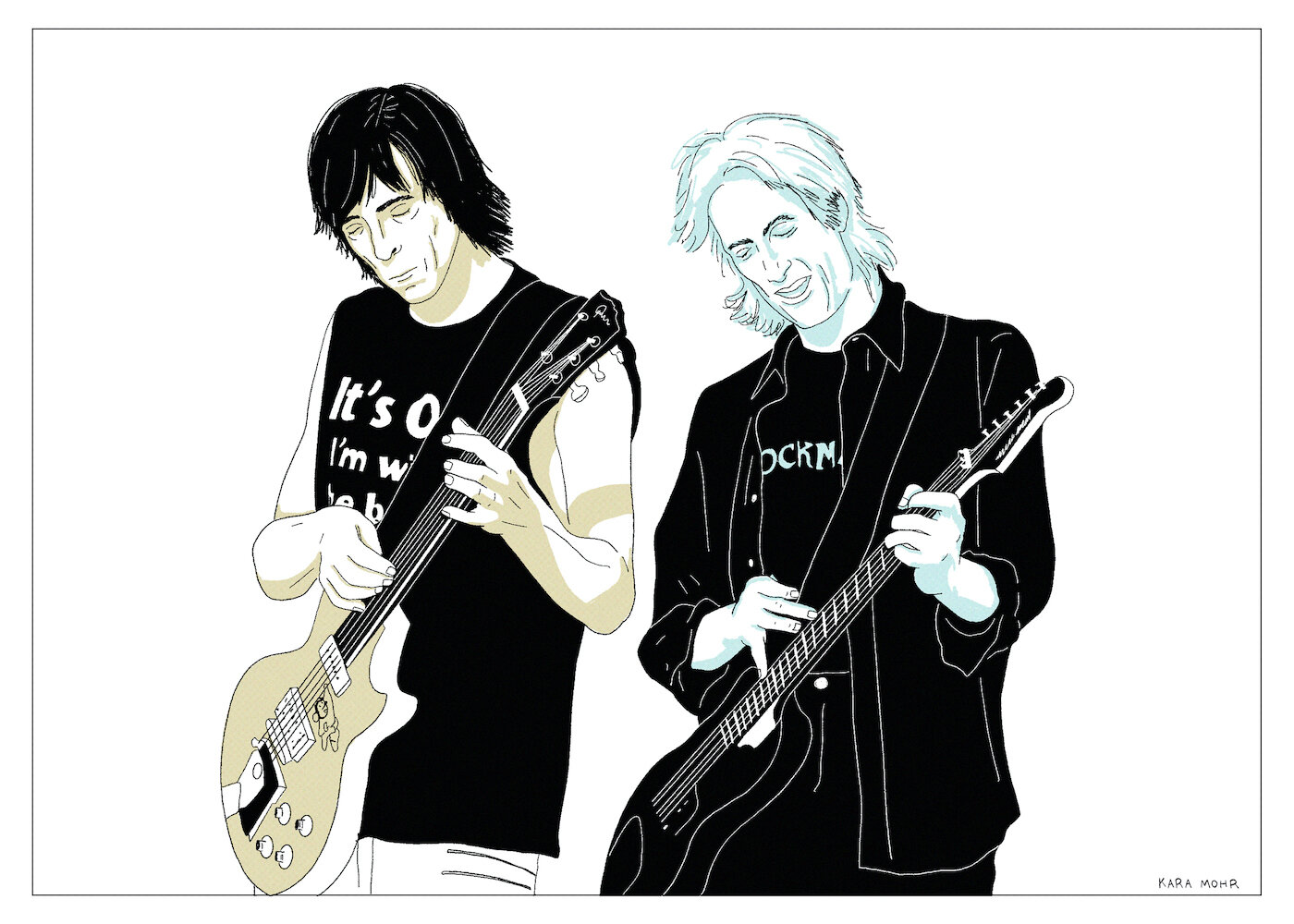
Boston “Walk On”
Like the great Patriots teams of the twenty first century, Boston, the band, had a “next man up” ethos. Guitarist, producer and mastermind Tom Scholz had his system. No man, not even lead singer Brad Delp, was irreplaceable. But Scholz platinum selling system was tested in 1994’s “Walk On.” Could they still be great without Delp? Moreover, in a world that passed them over in favor of Alternative Rock and Hip Hop, could Boston even be relevant in 1994? The cover of “Walk On,” on which the famous Boston spaceship crashes into some uninhabited planet, seemed to portend disaster ahead.

Yo La Tengo “I Can Hear the Heart Beating as One”
In early 1997, the internet was barely a thing. It was late Clinton era. There was no war. People had jobs. Nothing felt great but everything was “pretty good.” Music, on the other hand, sucked. Those first few months of that year were an odd moment. We were just months away from a seismic event in music, after which, everything would be different. Bigger. More meta. Radiohead would soon release “OK Computer” and Earth would shake. But, just before then, Yo La Tengo did something impossible. On their eighth LP, in middle age no less, the trio from New Jersey quietly, almost reluctantly, became the best band on the planet.
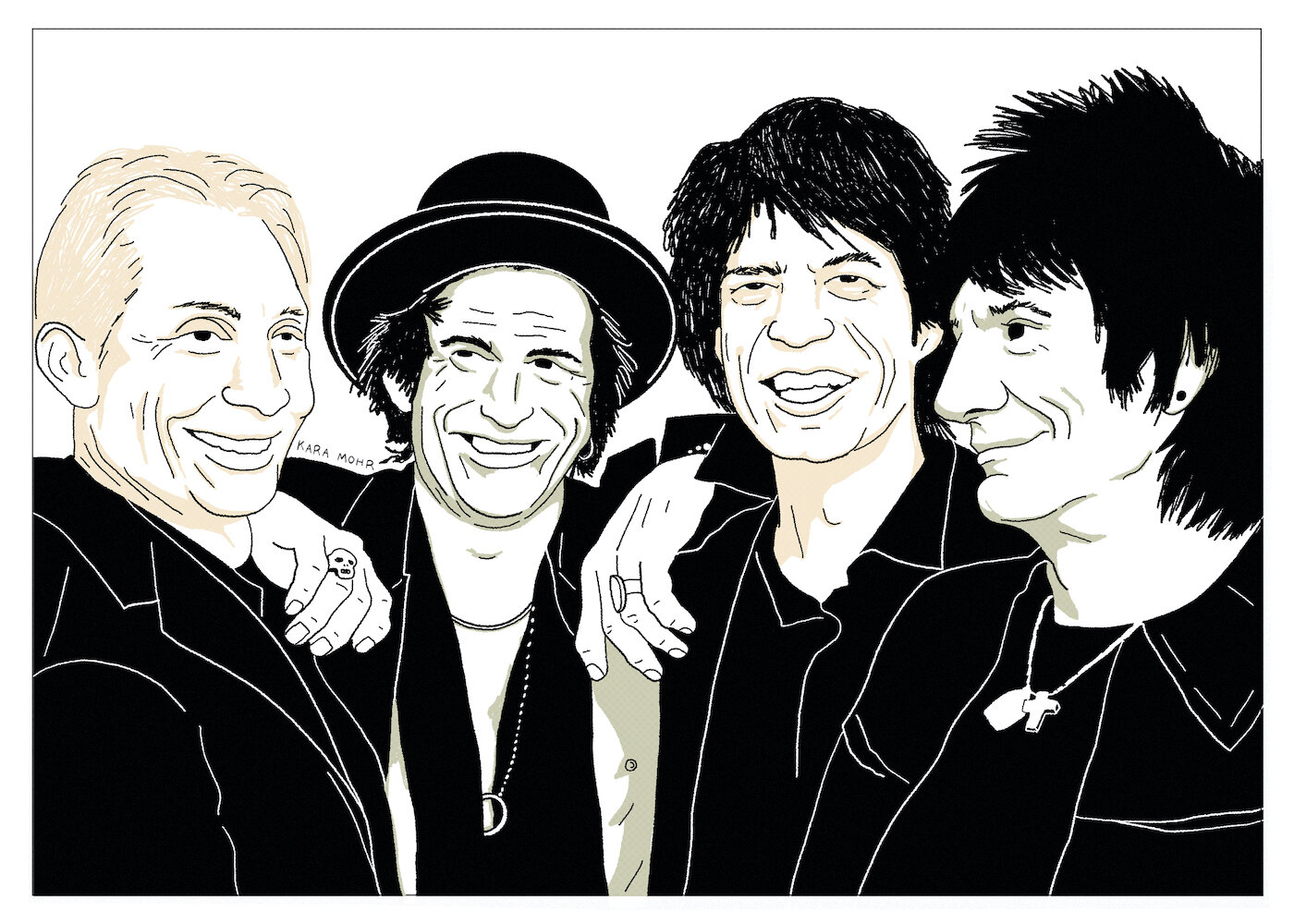
The Rolling Stones “Voodoo Lounge”
For immediate release. The minutes from the 1993 Board of Directors’ meeting for The Rolling Stones, Inc, previously confidential, have now been made public: In July of 1994, The Rolling Stones, Inc. will release a new Product, entitled, “Voodoo Lounge.” It is the first deal that the parent company has transacted since 1989. The Chairman of the Board, Sir Mick Jagger, and the C.E.O. of the company, Sir Keith Richards, were not in attendance but voted in absentia through counsel. Sir Richard Branson, who has secured exclusive marketing and distribution rights for the Product, did attend. A man who identified himself as the driver of the lawyer for Mr. Charlie Watts also attended, and noted that Mr. Watts demanded that the Corporation not embarrass itself, as it had previously with the “Dirt Work” and “Steel Wheels” products.

The Ramones “Mondo Bizarro”
Musically, The Ramones were perhaps the most conservative Rock band of all time. Although Johnny was the only political conservative, the band was almost regressive in their world view. Their sameness , however, was also their genius. When they got progressive in the late 80s, their music got lost. In 1992, with the addition of C.J. Ramone on bass, the group recorded and released “Mondo Bizarro,” an album attempts exactly zero new ideas. But it does favorably add to their oeuvre by finding dumb jokes they missed in their teens and by capturing some of the pathos of a band that was both always together and beloved and always alone and unlovable.
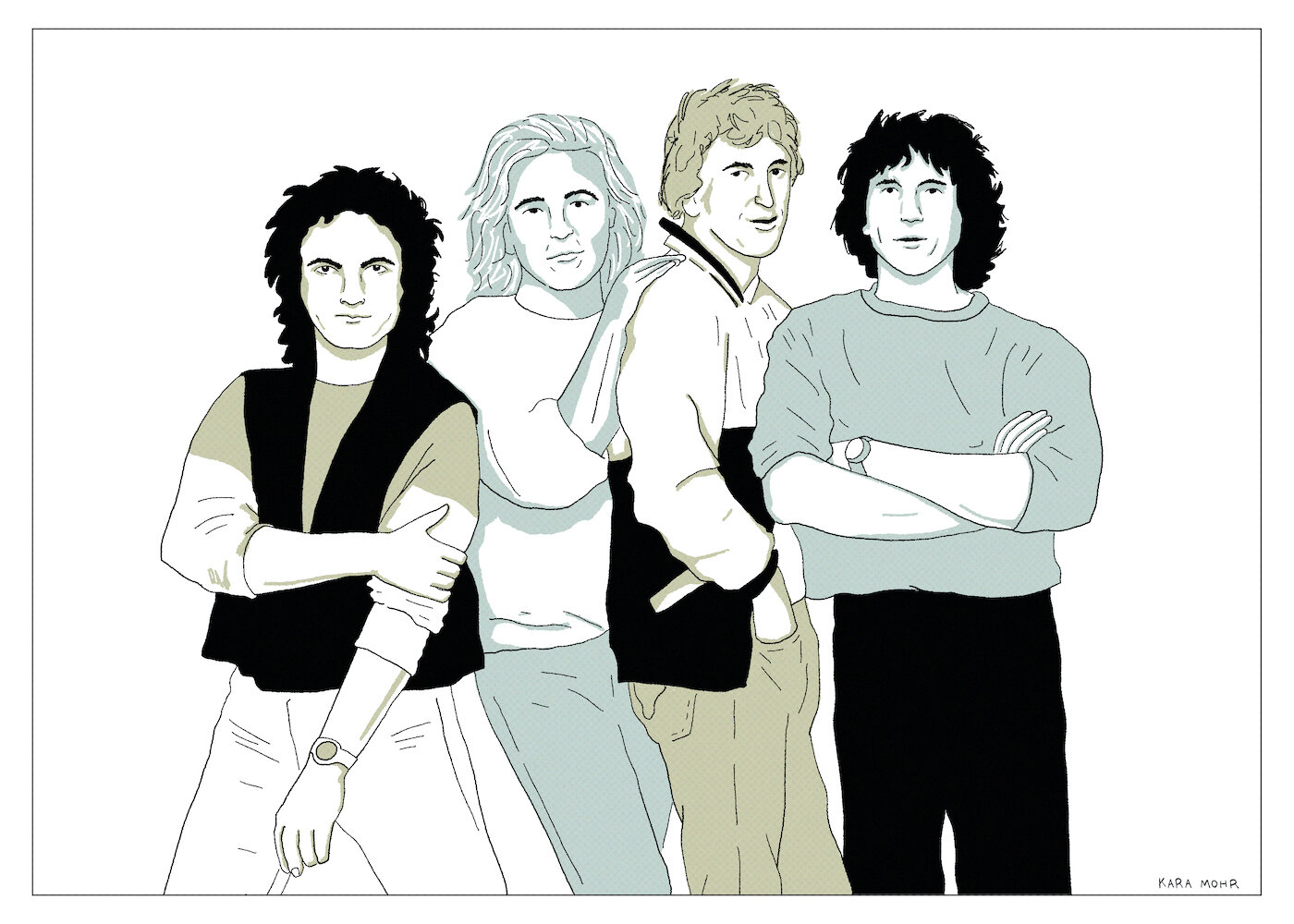
Foreigner “Mr. Moonlight”
Foreigner were a perfect Rock radio machine, formed in a petri dish that was mostly the DNA of Bad Company, Air Supply, Queen and The Who. However, by 1990, singer Lou Gramm, tired of battling his co-songwriter, Mick Jones, left the band. Two years later, ensconced in Sunset Marquis Hotel, would reconcile. And, in 1995, the band returned with “Mr. Moonlight,” an album that would be derided as the worst of the band’s career. And yet, as disappointing as that all sounds, there is still, if you listen closely, something very special about past prime Foreigner. Having the best Rock and Roll singer and songwriting team of the late 1970s was almost good enough.

Television “Television”
By 1990, Television was twelve years removed from their break-up. To me, they were much more fable than band. Public interest in Tom Verlaine had become so scant that it was fair to wonder if he really had a career at all. But then, just two years later, the unimaginable happened. Quietly and casually, all four members of Television -- Tom Verlaine, Fred Smith, Billy Ficca and, most notably, Richard Lloyd — began playing together again. And, in the Fall of 1992, fourteen years after “Adventure,” Television’s released their third, self-titled studio album.
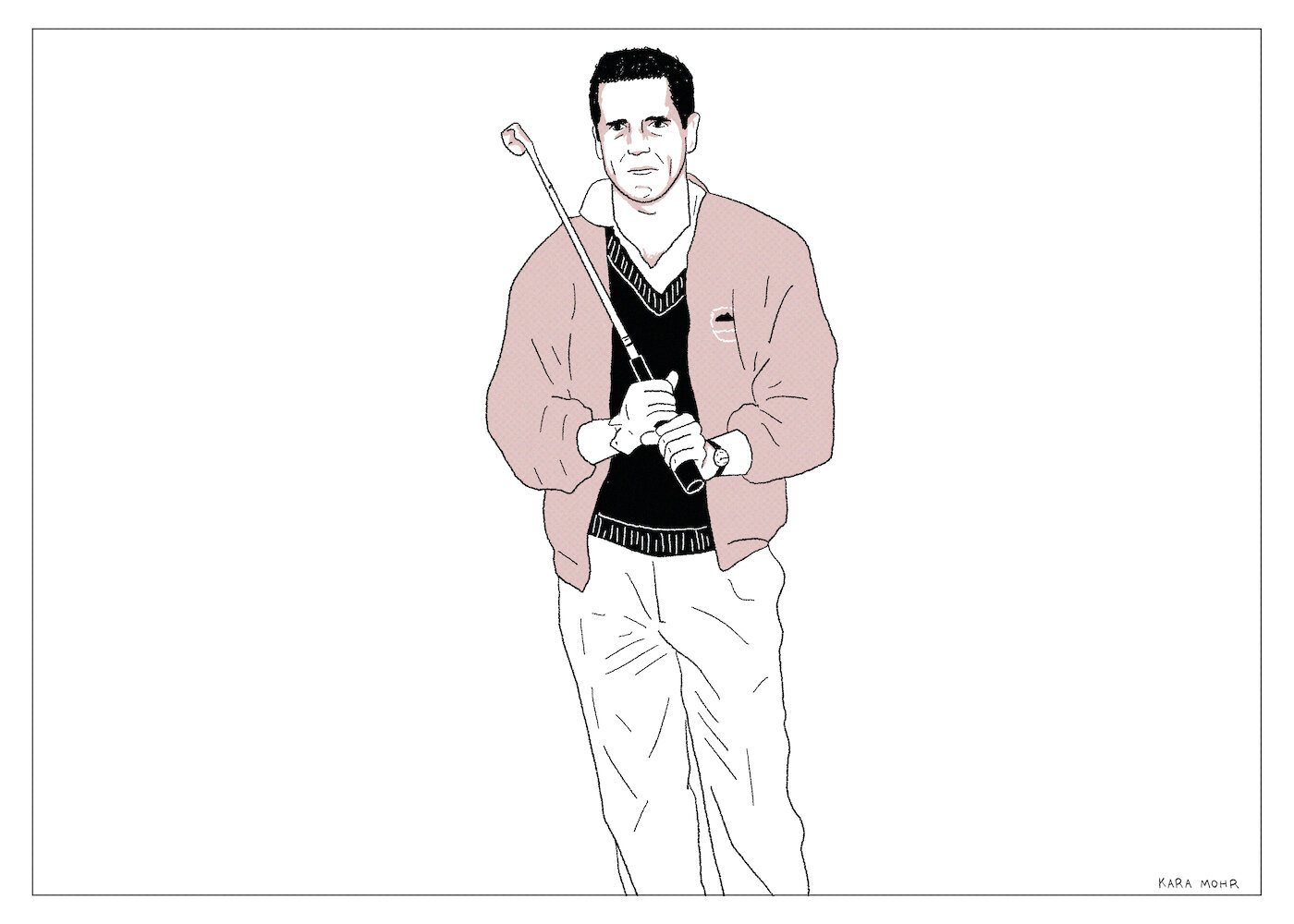
Glenn Frey “Strange Weather”
Glenn Frey served as the C.E.O. of The Eagles. While his fingerprints are everywhere, however, the band’s best songs were written by others and sung by Don Henley. Frey was the team’s general manager — he did the dirty work — while Henley was its preternatural talent. And Frey was good at his job. It came naturally to him. He had charisma. He played good enough rhythm guitar. He could play some keys. His voice was better than adequate. But, more than anything, Glenn Frey knew how to work with Don Henley. Until he didn’t.
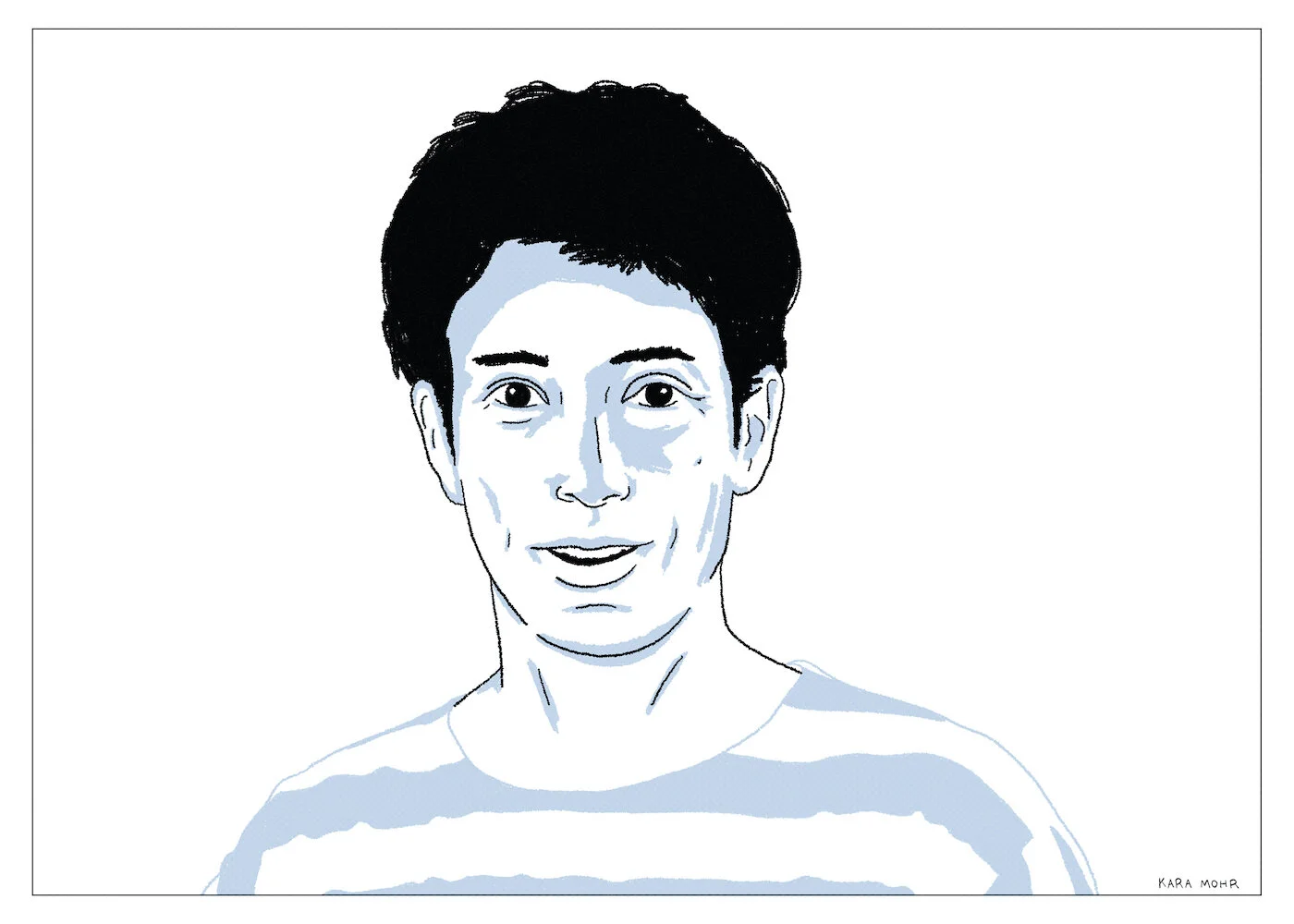
Jonathan Richman “I, Jonathan”
Eternally young at heart, Jonathan Richman amassed a prodigious catalogue between his legendary Modern Lovers’ albums and his solo records. And while many point to “I, Jonathan” as a high water mark, the truth is that most of his releases warrant consideration. Sometimes, he sings in Spanish. Sometimes, he sings Country Music songs. Sometimes, he sings children’s songs for the kids in all of us. But his superpower -- that thing that makes him better than anyone else -- was his ability to make us feel like we were driving with the radio on in 1972 and like we were sitting in the last days of summer in 1992.

Pete Townshend “Psychoderelict”
Pete Townshend made his reputation on the concept album and he was not giving up on it. “Psychoderelict” begins with a reporter talking about a fictional, washed up British rocker by the name of Ray High, who can’t make albums anymore. The news report is soon interrupted by a great ruckus of Rock — “English Boy” is a musical statement of purpose with guitars borrowed from “Achtung Baby.” It’s almost a classic Townshend anthem. The juxtaposition screams: “Yes I’m still here. Yes I can still rock! Yes I am still writing concept albums!” But, then there’s more news and talking.

Donovan “Sutras”
After the 1970s, Donovan was no longer a “popular” recording artist. He had no discernible fanbase, no radio airplay and no American record label. Between 1984 and 1996, Donovan released no new music. While he was not making music, though, he continued to do something he had been doing for decades. He meditated. In the world of music, two of the most visible advocates for T.M. were Leonard Cohen and George Harrison. But a slightly younger and more bearded, Gen X-er has followed in their footsteps. And Rick Rubin promised Donovan the same spare, but royal, treatment that had just worked wonders for Johnny Cash.

Ozzy Osbourne “No More Tears”
“No More Tears,” was released in the final, high days of Hair Metal and just before the germs of Alternative. It was also the first album Ozzy ever made not fucked up. So, to keep him upright, Sharon reassembled the A-Team -- Zakk Wylde on guitars, Randy Castillo on drums and bassist Bob Daisley. This band is the entire 1950s Ford Motor Plant. They make heavy things. They make them tight. They make them loud. The make Metal for people to buy.
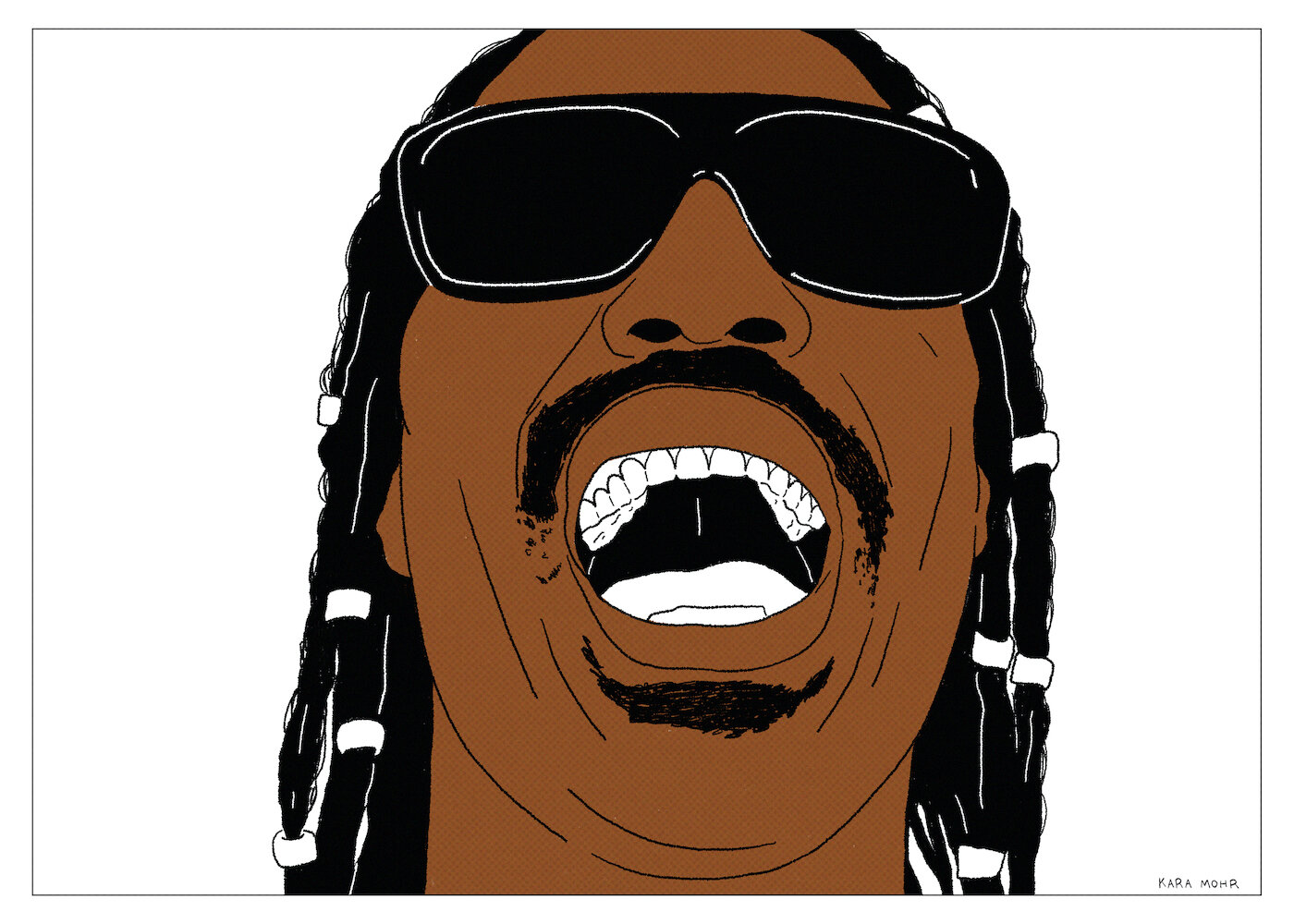
Stevie Wonder “Conversation Peace”
You don’t say “no” to Stevie. Paul McCartney said “yes.” Prince said “yes.” Barbara Streisand. Pavarotti. Michael Jackson. Tony Bennett. Whitney Houston. They all said “yes” to Stevie. But in 1995, at some point before “Conversation Peace” was released, somebody should have said “no” to Stevie. More than once.

Iggy Pop “Brick by Brick”
Iggy Pop in the 80s is the sound of a guy working hard at a shitty job that he wasn’t very good at. Gradually, though, brick by brick, he had begun to build a new life for himself. He got married. His eyes and head got clear. By the end of the decade, he bordered on adorable. Shorter hair. Crooked smile. Polite and earnest in interviews. Candid and self-aware. 1990s “Brick by Brick” would mark the apex of Iggy’s musical rehab.

Steve Perry “For the Love of Strange Medicine”
Steve Perry was bruised after Journey. But, in 1994, at the age of forty five, and nearly a decade in hibernation, he managed to release “For The Love of Strange Medicine.” For anyone wondering if he was OK after all that time, the clues would be scant. The Voice was still there, but the Man was missing. Not only does Perry not write about the personal on “Strange Medicine,” he sounds mired in a state of arrested development.

Lionel Richie “Louder Than Words”
Featuring sixty four musicians and thirty five producers, Lionel Richie’s “Louder Than Words” took a decade to make. What finally arrived was a meticulously average Contemporary R&B album from a well above average singer. It was an elaborate costume that Richie seemed compelled to uncomfortably try on. It didn’t fit. But, alas, he sounded patiently pleasant as ever, he avoided the pressure to rap and there’s no autotune.

Alex Chilton “A Man Called Destruction”
What. The. Fuck. Happened? After decades of searching for answers, I’m ready to admit it: we got it all wrong. Having revisited Alex Chilton’s 1995 solo “apex” “A Man Called Destruction,” it’s finally, sadly clear to me that all of the glimmers and all of the clues we imagined in his solo music were simply our Big Star projections. Alex Chilton was not a tortured genius. No. He was just a talented, depressed, beat up guy who never found that great gift that he may not have even had to begin with.
